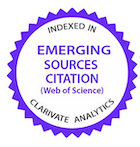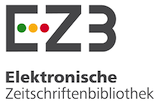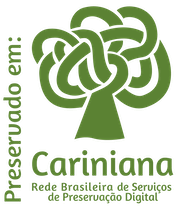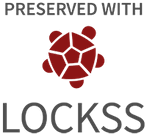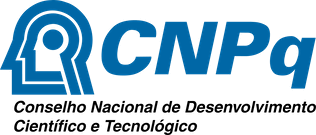Aderência dos projetos apoiados pelo conselho nacional de desenvolvimento científico e tecnológico - CNPq, bolsas de produtividade em pesquisa e o projeto plataforma tecnológica do leite
Palavras-chave:
Projetos, politicas de financiamentoResumo
O trabalho foi realizado com o objetivo de analisar a aderência dos projetos financiados pelo CNPq, por meio de bolsas de Produtividade em Pesquisa (Pq), nos Programas de Medicina Veterinária, Zootecnia, Ciência dos Alimentos e subárea Extensão Rural, voltadas à cadeia agroalimentar do leite, com as soluções para os gargalos tecnológicos apontados no Projeto Plataforma Tecnológica do Leite (PL). A finalidade é agrupar as bolsas de produtividade em pesquisa concedidas pelo CNPq, limitadas ao título dos projetos, temas e propostas de solução do projeto Plataforma Tecnológica do Leite nos segmentos da produção e indústria da cadeia produtiva do leite, por região geoeconômica, criando uma escala de aderência. Verificou-se que, de modo geral, as bolsas de produtividade em pesquisa financiadas pelo CNPq estão adequadas às propostas de soluções apresentadas pelo Projeto Plataforma. No entanto, existem áreas estratégicas para o desenvolvimento nacional em que a aderência entre bolsas Pq e as propostas da PL é muito baixa ou até mesmo inexistente. Cada região apresentou suas especificidades, tanto para a indústria quanto para a produção, sugerindo a elaboração de políticas diferenciadas.
Palavras-chaves: Bovinocultura, gargalos tecnológicos, nível de aderência, políticas públicas.
Downloads
Downloads
Publicado
Como Citar
Edição
Seção
Licença
Copyright (c) 2007 Ciência Animal Brasileira / Brazilian Animal Science

Este trabalho está licenciado sob uma licença Creative Commons Attribution 4.0 International License.
Autores que publicam nesta revista concordam com os seguintes termos:
- Autores mantém os direitos autorais e concedem à revista o direito de primeira publicação, com o trabalho simultaneamente licenciado sob a Licença Creative Commons Attribution que permite o compartilhamento do trabalho com reconhecimento da autoria e publicação inicial nesta revista.
- Autores têm autorização para assumir contratos adicionais separadamente, para distribuição não-exclusiva da versão do trabalho publicada nesta revista (ex.: publicar em repositório institucional ou como capítulo de livro), com reconhecimento de autoria e publicação inicial nesta revista.
- Autores têm permissão e são estimulados a publicar e distribuir seu trabalho online (ex.: em repositórios institucionais ou na sua página pessoal) a qualquer ponto antes ou durante o processo editorial, já que isso pode gerar alterações produtivas, bem como aumentar o impacto e a citação do trabalho publicado (Veja O Efeito do Acesso Livre).

